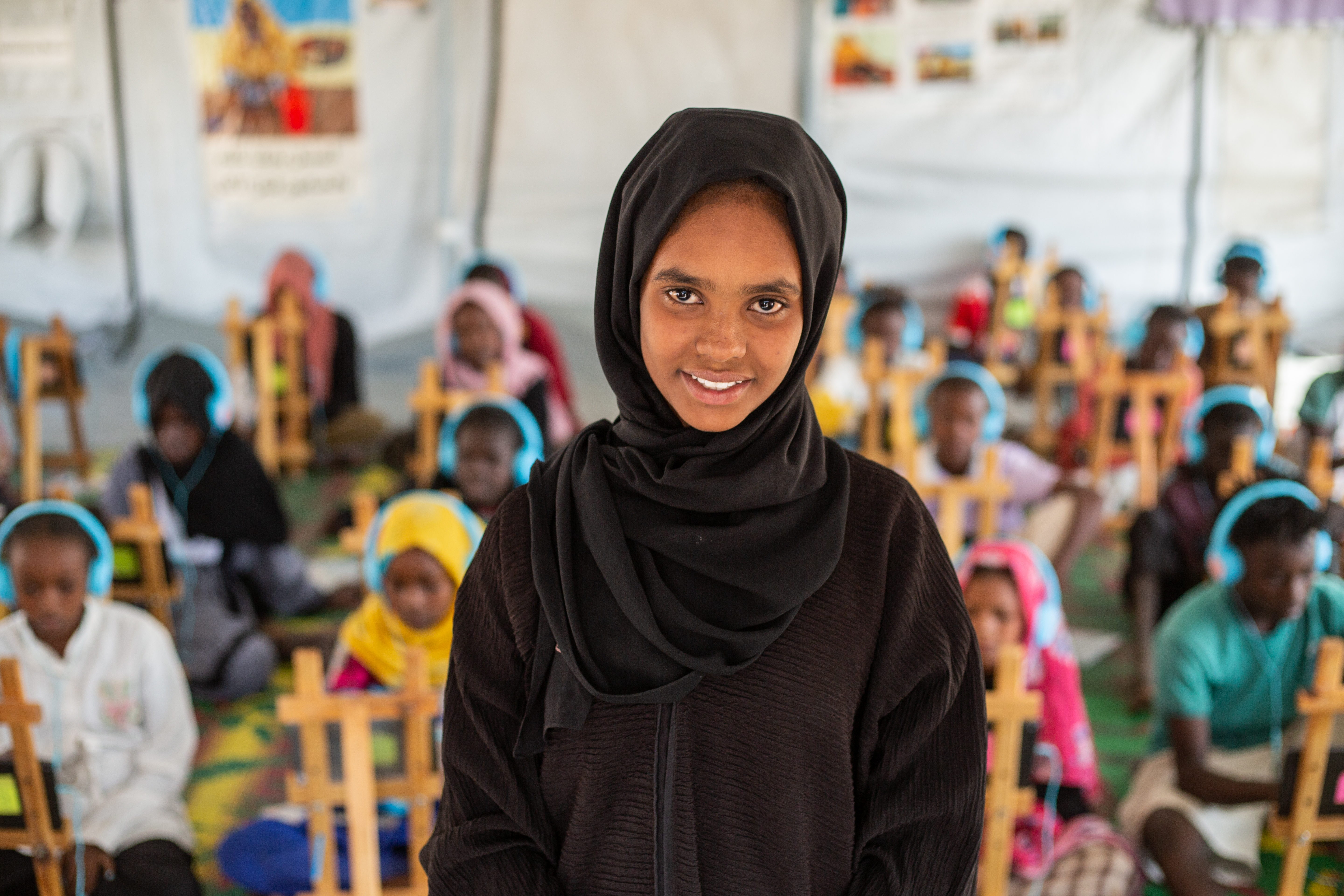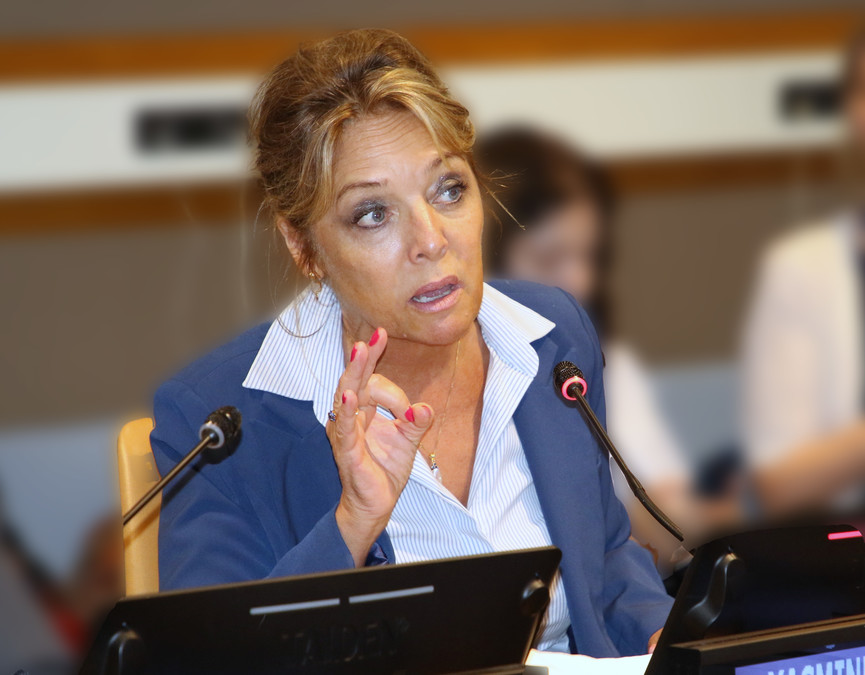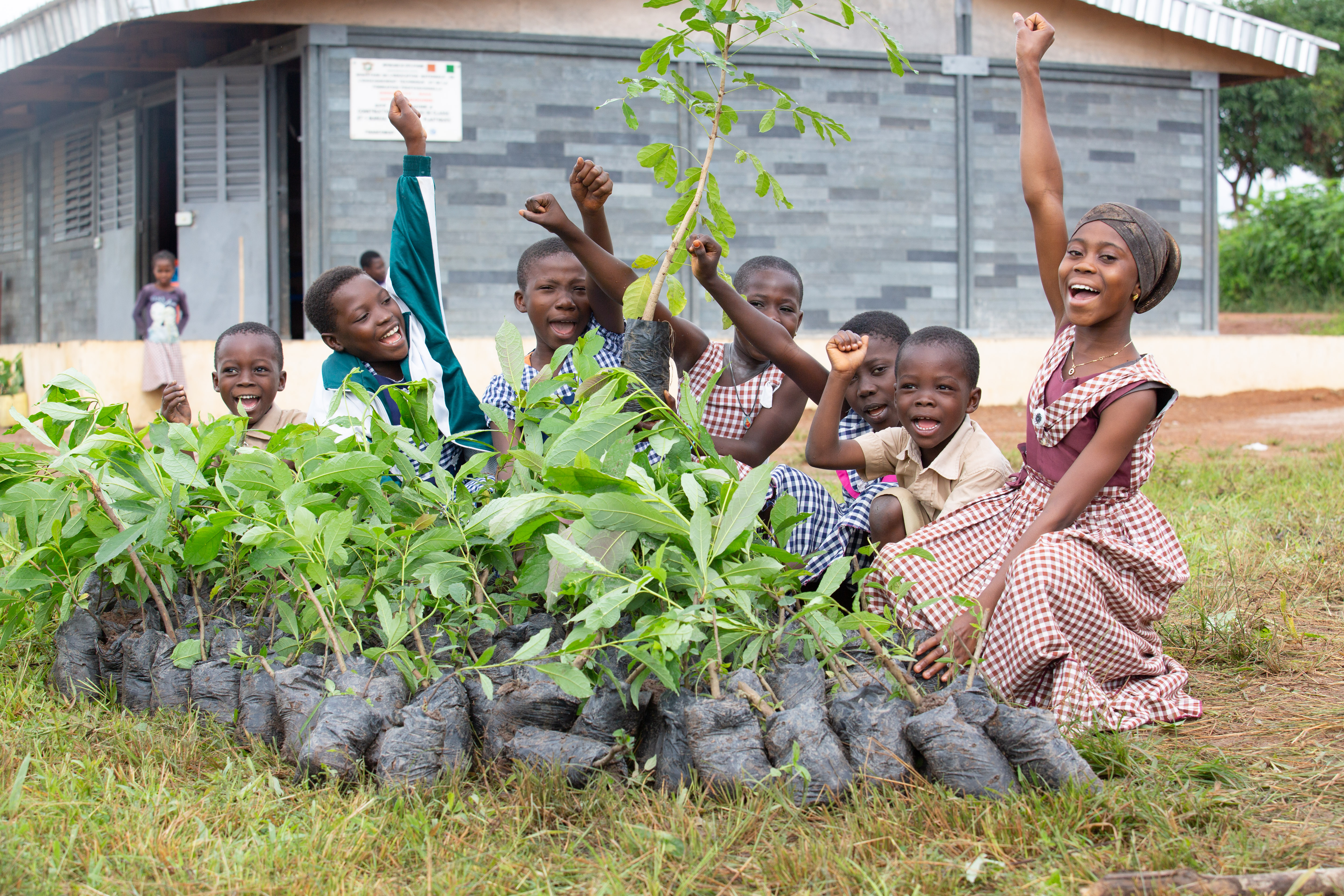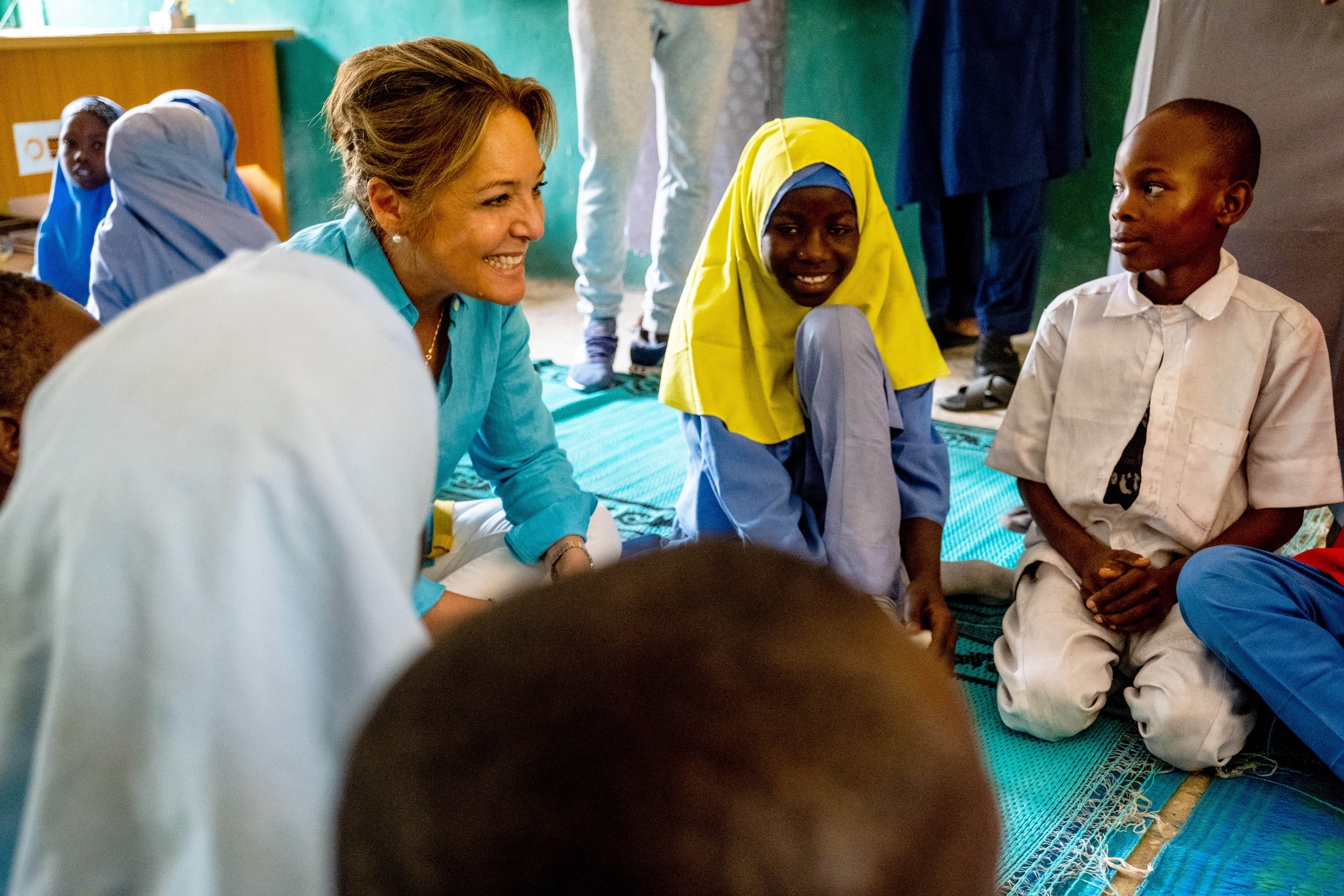We Have Promises to Keep
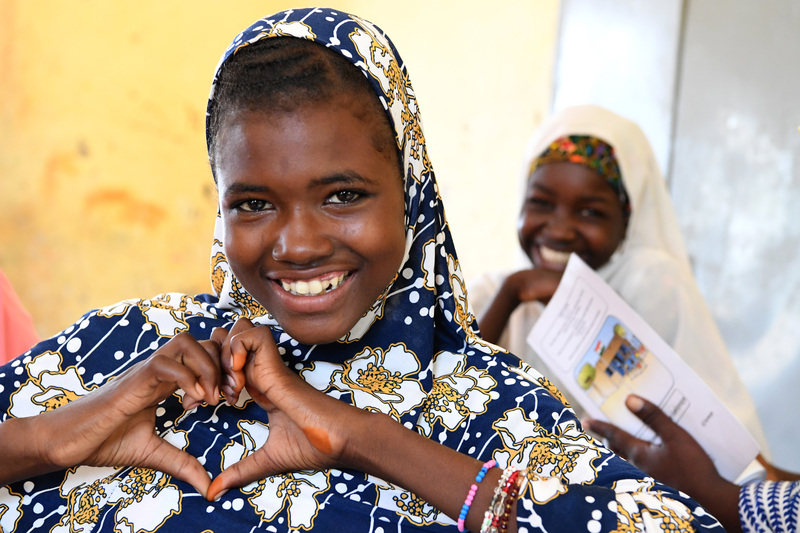
During a visit to an elementary school in Kabul in October 2021, two months after the Taliban takeover, the pupils stood up one by one in front of Taliban leaders and spoke: “Our classes have resumed, but not for our older sisters. We have been promised that our older sisters will return to class, but this has not happened yet!”
For how long can one rule, lead or even live – without keeping promises? For how long can one justify broken promises and retain an ethical, let alone political, credibility? Moral philosophy and all world religions argue that breaking a promise is an unethical act as is denying human rights. And once ethics and human rights are shred, what is left – except human indecency on the one hand and human suffering on the other hand.
The Taliban has broken promises and caused a painful blow to the pride and solace of the majority of Afghans. The rest of us cannot leave millions of Afghan girls behind. We cannot stand by as the Taliban or anyone amongst us break promises.
Millions of Afghan girls endure painstaking agony in Afghanistan today and 222 million children and adolescents, half of them girls, live in utter hardship in wars, forced displacement and climate-induced disasters. Without an adequate education, there is no hope for any promises made to realize the Sustainable Development Goals, nor Human Rights.
Transforming education starts with keeping our commitments to the young people losing hope right now. We have a chance to change. We can reactivate our promises to those left furthest behind, hang on to them no matter what political obstacles, economic recession or national challenges we face. Because all commitments we have made to the Sustainable Development Goals and to Universal Human Rights are unconditionally dependent on an inclusive, continued quality education or SDG 4.
The United Nations Secretary-General’s Transforming Education Summit (TES) during the UN General Assembly in September is a historic benchmark. It offers an opportunity to make this transformation and make true of our commitment to an education that is relevant in today’s world and that leaves none behind. It gives us a second chance to ‘right the wrong,’ to quote Theirworld.
Last month, UNESCO convened an active and inclusive Transforming Education Pre‐Summit in Paris. The voice of children and youth emerged as a mighty force for change. They reminded us all of their right to access an inclusive and continued quality education – especially in times of crisis. Youth representatives gave powerful testimonies about how violence, conflict, climate change and displacement affect their education.
The rich discussion at the TES Pre-Summit must become an unstoppable global movement to mobilize financial resources to transform education. Indeed, financial resources are indispensable to providing an education that is fit for purpose in the 21st Century and, above all, reaches every child – especially the 222 million children and adolescents left furthest behind in crises.
This shocking new number of 222 million was laid bare in a recent report by Education Cannot Wait. The reasons are multiple, according to another report by the Geneva Global Hub for Education in Emergencies: forced displacement has not been this high since World War II, conflicts are protracted with no peace in sight, climate-induced disasters are rapidly increasing and the COVID-19 pandemic has disrupted education around the globe. At the other end, financial resources have not kept pace to meet the dramatically growing needs.
However, we can change that.
At the UN Secretary-General’s Transforming Education Summit in September 2022, we look forward to the adoption of the International Finance Facility for Education (IFFEd), the continued support for the Global Partnership for Education (GPE) and a strong, central priority for education in emergencies and protracted crises through the UN’s Global Fund for Education in Emergencies, Education Cannot Wait.
As Isobel Coleman, the Deputy Administrator of USAID, states in her interview in this month’s ECW Newsletter: “Education Cannot Wait plays a vital role in addressing the educational needs of children and youth in acute and forgotten crises. As the only global fund dedicated to education in emergencies, ECW is uniquely positioned to coordinate among donors, the private sector, and humanitarian and development actors to meet the needs of the next generation.”
Following the UN Secretary-General’s Transforming Education Summit in September 2022, we have another unprecedented opportunity to make good on the promises of delivering education to all children and adolescents caught in conflicts, forced displacement and climate-induced disasters.
Education Cannot Wait’s High-Level Financing Conference (HLFC) will take place in Geneva on 16-17 February 2023. Hosted by Switzerland and Education Cannot Wait, and co-convened by Germany, Niger, Norway and South Sudan, we have a chance to make true our promises for the 222 million children left furthest behind.
Join our #222MillionDreams✨📚 Global Campaign today, leading up to the UN Secretary-General’s Transforming Education Summit in New York in September 2022 and the ECW High-Level Financing Conference in Geneva in February 2023.
To paraphrase Robert Frost, “We all have promises to keep and miles to go before we sleep.” We now have an opportunity to keep our promises and take a new and bold step in the right direction.
Yasmine Sherif
Director
Education Cannot Wait (ECW)
Tweets
Additional Statements and Updates
